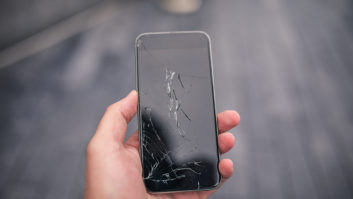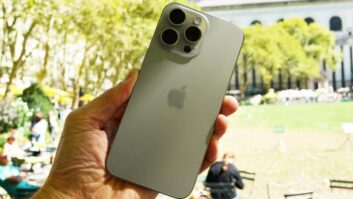
Global smartphone shipments grew 3 percent annually to hit a record 1.5 billion units in 2016, and Apple’s iPhone recaptured the global market share crown in the fourth quarter with 18 percent share, according to the latest research from Strategy Analytics.
“Global smartphone shipments grew an improved 9 percent annually from 403 million units in Q4 2015 to 438.7 million in Q4 2016. This quarter was the smartphone industry’s fastest growth rate for over a year. Smartphone growth is recovering slightly due to stronger demand in major developing markets like China and Africa. Global smartphone shipments grew 3 percent annually from 1.44 billion in full-year 2015 to a record 1.49 billion in 2016,” said Strategy Analytics director Linda Sui.
Neil Mawston, executive director at Strategy Analytics, added, “Apple shipped 78.3 million smartphones worldwide and captured 18 percent market share in Q4 2016, rising a steady 5 percent annually from 74.8 million units in Q4 2015. This was the iPhone’s best performance for over a year, as Apple capitalized on Samsung’s recent missteps. Samsung shipped 77.5 million smartphones worldwide in Q4 2016, dipping 5 percent annually from 81.3 million units in Q4 2015. Samsung lost momentum in the quarter as a result of its Note7 battery fiasco. Samsung captured 18 percent share for the quarter and 21 percent share for the full year, its lowest level since 2011.”
He added that Samsung will be “banking on the rumored Galaxy S8 model in a few weeks’ time to reignite growth and return to the top spot in quarterly smartphone shipments. On an annualized basis, Samsung maintained first position with 309 million units shipped worldwide in 2016.”
Huawei hung on to third place with 10 percent share, a record for the company, and No. 4 Oppo, which showed annual growth of 99 percent, was clearly the star performer, the research group said.














